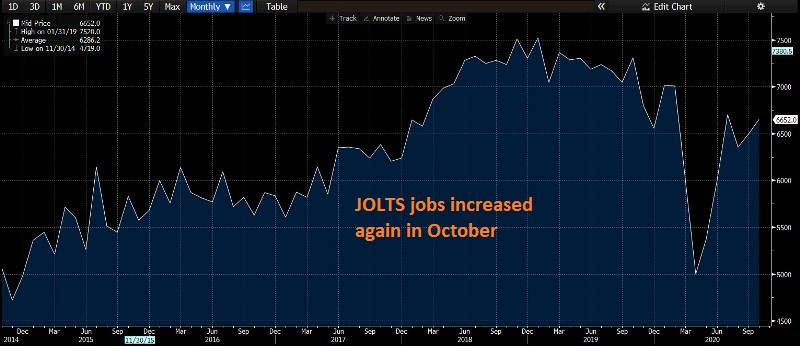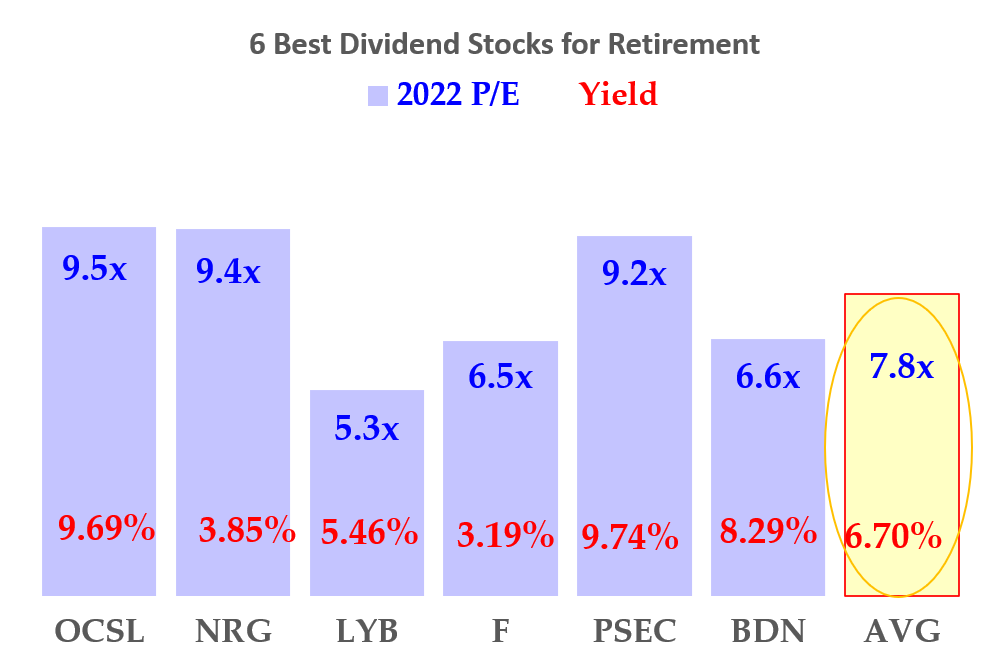
Real estate funds can be a great way to diversify portfolios. However, it can be risky as well as costly. These are just a few of the important things to remember before you start investing in realty funds. The performance of a fund's fund will depend on its manager, industry concentration and geographic concentration as well as the structure of the fund. When investing in real property funds, individual investors can use the same principles. An investment manager can give guidance for investors who aren't sure how to invest.
It's easy to invest in real-estate funds
If overhead costs for real estate are low, it can be a conservative way to invest. A low-leverage loan for urban trophy assets has a risk-reward ratio comparable to a high credit bond. However, high-speculative projects can have returns comparable to small-cap equity investments or venture capital funds. As long as you invest your money prudently and avoid losing money, investing in real estate funds is a great way to increase your wealth.
There are many benefits to investing in real estate funds, including the potential for immediate income and long-term appreciation. Real estate funds, unlike traditional investing, don't require that you manage or own properties. Instead, you purchase shares in a fund and let professionals oversee the investments. You buy and sell shares like you would in any other mutual fund. Direct real estate investment offers investors portfolio exposure and tax benefits.

It provides diversification
A fund that invests primarily in real estate usually offers higher yields than other investment options. The fund's high correlation coefficient with bonds and equities makes it a good choice for diversification. But, past correlations with future markets do not necessarily indicate future performance. Real estate diversification is important as it protects against market fluctuations and reduces the inherent risk associated with real estate. Real estate is not a foolproof strategy. A good manager can manage some risks and provide diversification.
A real estate investment fund can be more diversifiable and less expensive than an REIT. Professional portfolio management and research are also offered by real estate mutual funds. They also provide capital appreciation (dividend income) which are key indicators for the growth and sustainability of an investment strategy. Real estate funds are required to distribute 90% of their taxable income. This is in contrast to individual real property investments. You can also inflation-proof your investment in real estate funds.
It is very costly
There are many reasons why you might invest in real property funds. First, real property is a tangible asset. It doesn't matter if it is a house or a building, it can be touched and held. Second, real property is an asset that doesn't go away and offers a high rate return. Real estate also has tax advantages that can increase wealth. If you're interested in real estate, you need to invest time, experience, and funding to make a profit.
An excellent place to begin investing in real property is a self-directed IRA. The potential for diversification is huge, even though real estate only accounts for three percent of S&P 500. The best chance to outperform other stocks is a publicly traded REIT. If you want a more hands-off approach, invest in a privately-held fund. You must ensure that you are investing with a quality sponsor.

It is risky
While investing in real estate funds can be risky, it has some advantages. First, investors get a tangible asset. Real estate can be touched, or even stood on, unlike stocks. This tangible asset offers investors security and comfort. Real estate can also be sold to make a profit. You can also use it as collateral to get loans.
Investing in real estate securities involves risks such as illiquidity, general market conditions, competition, interest rate risk, and development risk. Also, real estate securities can have long holding periods and you could lose all of the money. Also, you should be aware of the fact that past performance is no guarantee of future results, and potential cash flow, returns, or appreciation are not guaranteed. For instance, an investor might not see that a tenant who doesn't pay rent is a profitable investment.
FAQ
What's the role of the Securities and Exchange Commission (SEC)?
Securities exchanges, broker-dealers and investment companies are all regulated by the SEC. It enforces federal securities laws.
Why are marketable securities important?
The main purpose of an investment company is to provide investors with income from investments. It does this through investing its assets in various financial instruments such bonds, stocks, and other securities. These securities have certain characteristics which make them attractive to investors. They can be considered safe due to their full faith and credit.
What security is considered "marketable" is the most important characteristic. This refers primarily to whether the security can be traded on a stock exchange. If securities are not marketable, they cannot be purchased or sold without a broker.
Marketable securities can be government or corporate bonds, preferred and common stocks as well as convertible debentures, convertible and ordinary debentures, unit and real estate trusts, money markets funds and exchange traded funds.
These securities are often invested by investment companies because they have higher profits than investing in more risky securities, such as shares (equities).
What is a Stock Exchange exactly?
A stock exchange is where companies go to sell shares of their company. This allows investors to purchase shares in the company. The market decides the share price. The market usually determines the price of the share based on what people will pay for it.
Stock exchanges also help companies raise money from investors. Investors give money to help companies grow. Investors buy shares in companies. Companies use their money in order to finance their projects and grow their business.
There are many kinds of shares that can be traded on a stock exchange. Some shares are known as ordinary shares. These shares are the most widely traded. Ordinary shares are traded in the open stock market. Prices for shares are determined by supply/demand.
Preferred shares and bonds are two types of shares. When dividends are paid out, preferred shares have priority above other shares. The bonds issued by the company are called debt securities and must be repaid.
How are share prices set?
Investors decide the share price. They are looking to return their investment. They want to make money from the company. They purchase shares at a specific price. The investor will make more profit if shares go up. If the share price falls, then the investor loses money.
An investor's main objective is to make as many dollars as possible. They invest in companies to achieve this goal. This allows them to make a lot of money.
What is a REIT and what are its benefits?
An entity called a real estate investment trust (REIT), is one that holds income-producing properties like apartment buildings, shopping centers and office buildings. They are publicly traded companies that pay dividends to shareholders instead of paying corporate taxes.
They are similar to a corporation, except that they only own property rather than manufacturing goods.
What's the difference between marketable and non-marketable securities?
The main differences are that non-marketable securities have less liquidity, lower trading volumes, and higher transaction costs. Marketable securities, on the other hand, are traded on exchanges and therefore have greater liquidity and trading volume. Marketable securities also have better price discovery because they can trade at any time. However, there are some exceptions to the rule. For example, some mutual funds are only open to institutional investors and therefore do not trade on public markets.
Non-marketable securities tend to be riskier than marketable ones. They typically have lower yields than marketable securities and require higher initial capital deposit. Marketable securities can be more secure and simpler to deal with than those that are not marketable.
A bond issued by large corporations has a higher likelihood of being repaid than one issued by small businesses. The reason for this is that the former might have a strong balance, while those issued by smaller businesses may not.
Because they are able to earn greater portfolio returns, investment firms prefer to hold marketable security.
Statistics
- "If all of your money's in one stock, you could potentially lose 50% of it overnight," Moore says. (nerdwallet.com)
- Ratchet down that 10% if you don't yet have a healthy emergency fund and 10% to 15% of your income funneled into a retirement savings account. (nerdwallet.com)
- Individuals with very limited financial experience are either terrified by horror stories of average investors losing 50% of their portfolio value or are beguiled by "hot tips" that bear the promise of huge rewards but seldom pay off. (investopedia.com)
- Even if you find talent for trading stocks, allocating more than 10% of your portfolio to an individual stock can expose your savings to too much volatility. (nerdwallet.com)
External Links
How To
How to trade in the Stock Market
Stock trading is a process of buying and selling stocks, bonds, commodities, currencies, derivatives, etc. The word "trading" comes from the French term traiteur (someone who buys and sells). Traders are people who buy and sell securities to make money. This type of investment is the oldest.
There are many different ways to invest on the stock market. There are three basic types: active, passive and hybrid. Passive investors are passive investors and watch their investments grow. Actively traded investor look for profitable companies and try to profit from them. Hybrid investors combine both of these approaches.
Index funds track broad indices, such as S&P 500 or Dow Jones Industrial Average. Passive investment is achieved through index funds. This is a popular way to diversify your portfolio without taking on any risk. Just sit back and allow your investments to work for you.
Active investing involves picking specific companies and analyzing their performance. Active investors will look at things such as earnings growth, return on equity, debt ratios, P/E ratio, cash flow, book value, dividend payout, management team, share price history, etc. They then decide whether they will buy shares or not. They will purchase shares if they believe the company is undervalued and wait for the price to rise. If they feel the company is undervalued, they'll wait for the price to drop before buying stock.
Hybrid investment combines elements of active and passive investing. A fund may track many stocks. However, you may also choose to invest in several companies. In this scenario, part of your portfolio would be put into a passively-managed fund, while the other part would go into a collection actively managed funds.